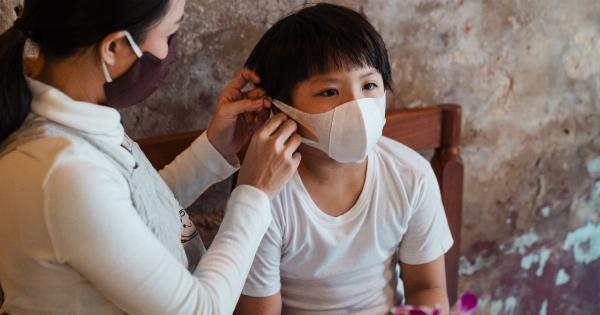H1N1 influenza, also known as swine flu, is a type of influenza virus that first emerged in Mexico in 2009. The virus quickly spread across the globe, causing a pandemic that affected millions of people.
In this article, we’ll explore the ins and outs of H1N1 influenza, including its symptoms, transmission, treatment, and prevention.
What is H1N1 Influenza?
H1N1 influenza is a type of influenza virus that causes respiratory illness in humans. The virus is a combination of human, swine, and avian influenza viruses and is highly contagious.
Symptoms of H1N1 Influenza
The symptoms of H1N1 influenza are similar to those of regular seasonal flu and include:.
- Fever
- Cough
- Sore throat
- Body aches
- Headache
- Chills
- Fatigue
- Diarrhea
- Vomiting
In severe cases, H1N1 influenza can lead to pneumonia, respiratory failure, and death.
Transmission of H1N1 Influenza
H1N1 influenza is highly contagious and is spread from person to person through respiratory droplets when an infected person coughs or sneezes.
The virus can also be spread by touching a surface contaminated with H1N1 influenza and then touching one’s mouth, nose, or eyes.
Treatment for H1N1 Influenza
Treatment for H1N1 influenza is similar to treatment for the seasonal flu and includes:.
- Antiviral medications like oseltamivir (Tamiflu) and zanamivir (Relenza)
- Fever-reducing medications like acetaminophen (Tylenol)
- Rest and fluids
In severe cases, hospitalization may be necessary.
Prevention of H1N1 Influenza
The best way to prevent H1N1 influenza is to get vaccinated. The H1N1 influenza vaccine is included in the seasonal flu vaccine and is recommended for everyone over six months of age.
Other prevention methods include:.
- Washing hands frequently with soap and water
- Staying home if sick
- Covering the mouth and nose when coughing or sneezing
- Avoiding close contact with sick people
- Cleaning and disinfecting frequently touched surfaces
Conclusion
H1N1 influenza is a highly contagious virus that can cause serious illness and even death in some cases.
The best way to prevent H1N1 influenza is to get vaccinated and practice good hygiene habits like washing hands frequently and covering the mouth and nose when coughing or sneezing.


























